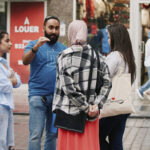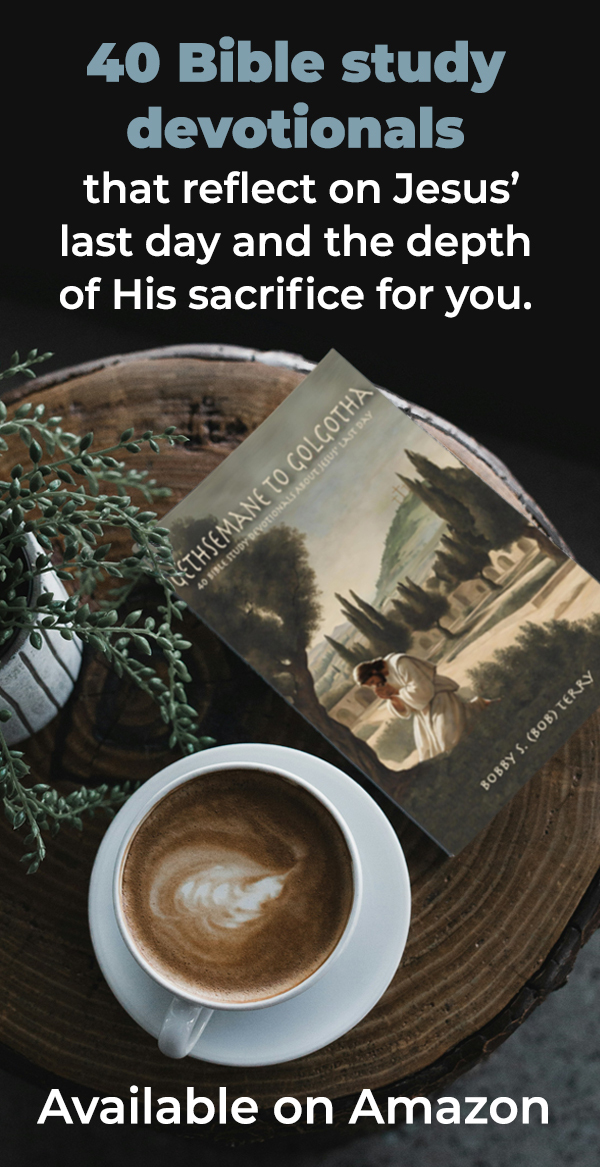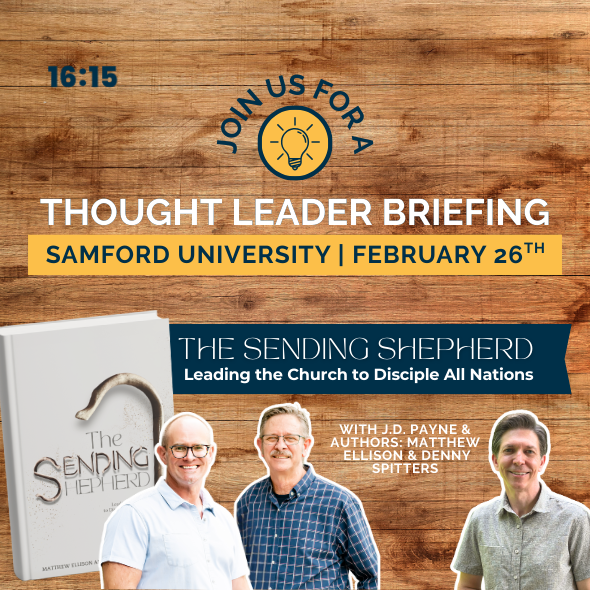Sufficient in Christ alone
Revelation 3:14–22
One of my favorite childhood pastimes was playing kickball. I always wanted to be captain because I could then select the best players for my team. One warm summer evening, a big, strong-looking guy walked up, a neighbor’s visiting cousin. We all thought, “He can probably kick the ball a mile.” I chose the new kid to be on my team, but looks were deceiving. He was terrible. He couldn’t kick, run or catch. Similarly, the first century church at Laodicea appeared healthy, but that was a facade. As we study this passage, we need to look at ourselves in the mirror of God’s word. What do we look like to Him?
Turn from self-sufficiency. (14–17)
The three descriptions of Jesus, “the Amen, the faithful and true,” overlap to emphasize Christ’s faithfulness. Sadly, instead of finding their sufficiency in the Great Amen, the Laodicean church was trusting in their extreme wealth.
This city was so wealthy that after two devastating earthquakes (A.D. 17 and 60), they refused the Roman government’s financial assistance to rebuild. Laodicean citizens rebuilt their city and sent money to help with neighboring areas.
The gospel they preached was not a threat to the Jews or Gentiles, so they suffered no persecution. The church was content to live a life of ease rather than press the claims of Christ. Their self-sufficiency led to mediocrity. The church at Laodicea was like lukewarm, bacteria-infested water. Cold water is suitable for drinking, hot water for cooking, but lukewarm water is useless.
Laodicea was the most prosperous town in Asia Minor, yet Christ said they were poverty-stricken.
Rely on Christ, accept discipline, repent. (18–19)
Jesus counseled the Laodiceans to seek true wealth through Him.
The word for “gold refined by fire” is connected with faith. John borrowed language from the marketplace and alluded to an Old Testament passage, “Come, buy wine and milk without money and without cost” (Isa. 55:1).
Furthermore, Jesus refused to leave naked those who rely on Him.
White clothing is symbolic of cleansing after repentance and accepting God’s loving discipline. Jesus’ clothing is as white as snow (Dan. 7:9; Rev. 1:14). The costly garments of Laodicea cannot hide the nakedness of the soul.
Our gracious Lord also offers sight. Laodicea was known for a healing eye salve that treated inflamed eyes. Naturally, this relief was temporal. Jesus, however, offers salve that opens spiritual eyes so they will never be blind again.
Seek intimate fellowship with Christ. (20–22)
“Here I am!” is a vivid picture of Christ literally standing at the door. The tense used here conveys a continual knocking, a tender pleading. This part of the letter changes from a universal plea for the church to an individual appeal … “if anyone will hear.” In other words, even if the church as a whole does not repent, there is hope for those who hear Jesus’ voice and open the door (John 10:3; 18:37).
In an affluent Western society, we too must heed Christ’s words to the church at Laodicea. Perhaps we look good on the outside, but we recognize we are spiritually poor, naked and blind when we peel back the proverbial onion.
What must you do? Repent! Turn to the Lord in faith. Seek intimacy with Him before it is too late.
By Rob Jackson, Ph.D.
Jackson has served in a variety of ministry roles, including pastor and state missionary






